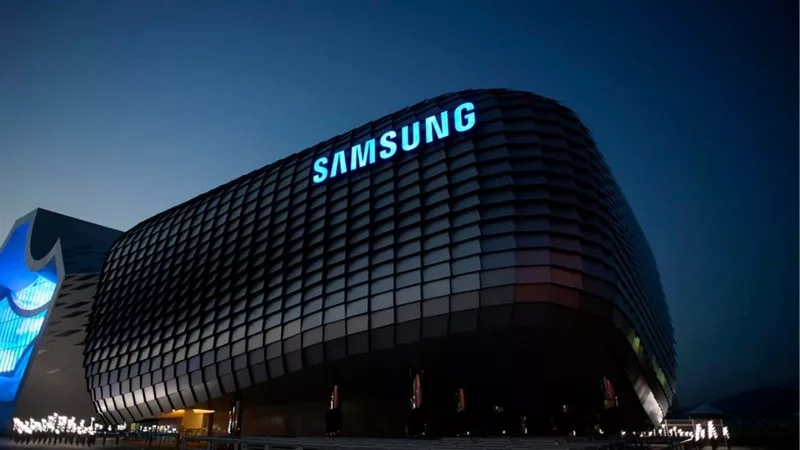Samsung Electronics’ latest high bandwidth memory (HBM) chips have failed Nvidia’s tests for AI processors due to heat and power consumption issues, sources said. The issues affect both the fourth-generation HBM3 chips and the new fifth-generation HBM3E chips. Samsung stated that HBM requires optimization with customer needs and is working closely with customers to address these issues. In a follow-up statement, Samsung denied the reported issues, asserting that testing is progressing smoothly. Nvidia declined to comment.
HBM, a type of DRAM with vertically stacked chips, is essential for processing large amounts of data in AI applications. As demand for sophisticated GPUs has risen, so has the need for HBM. Meeting Nvidia’s standards is crucial for HBM manufacturers’ reputations and profits. Samsung has been attempting to pass Nvidia’s tests since last year. Recent test failures of Samsung’s HBM3E chips have increased industry and investor concerns that Samsung could fall further behind rivals SK Hynix and Micron Technology in the HBM market.

